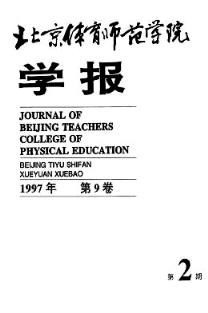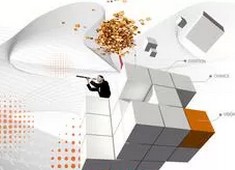Sports in universities play a multifaceted role, encompassing physical health, academic performance, community engagement, and overall student development. This paper examines the various functions of sports in higher education institutions, shedding light on its impact on students, faculty, and the wider community. Through an exploration of relevant literature and case studies, this paper offers insights and recommendations for leveraging sports to enhance the university experience.
Sports hold a significant place in the landscape of higher education, serving as more than just recreational activities. Universities worldwide recognize the value of sports in fostering holistic student development and promoting a vibrant campus culture. This paper delves into the diverse functions of sports within universities, examining their implications for student wellbeing, academic success, and community cohesion.
One of the primary functions of sports in universities is the promotion of physical health and wellbeing among students. Regular engagement in sports activities helps mitigate sedentary lifestyles prevalent among the student population. Research has consistently shown a positive correlation between physical activity and overall health outcomes, including reduced risk of chronic diseases and improved mental wellbeing.
Moreover, sports offer opportunities for stress relief and relaxation, essential components for maintaining mental health in highpressure academic environments. Universities can encourage participation in sports by providing stateoftheart facilities, organizing intramural leagues, and offering fitness classes tailored to students' interests and schedules.
Contrary to the notion that sports detract from academic pursuits, evidence suggests that active participation in sports can enhance academic performance. Engaging in regular physical activity has been linked to improved cognitive function, including better memory retention, increased focus, and enhanced problemsolving skills. Furthermore, participation in team sports fosters valuable attributes such as discipline, time management, and teamwork, all of which are transferable to academic settings.
Universities can capitalize on this synergy between sports and academics by implementing policies that support studentathletes in balancing their athletic and academic commitments. This may include flexible scheduling, academic tutoring services, and incentives for maintaining academic excellence while representing the university in sports competitions.
Sports serve as a catalyst for community engagement and the cultivation of a vibrant campus culture. Intercollegiate sports events, such as basketball games and football matches, attract students, faculty, alumni, and local residents, fostering a sense of belonging and pride in the university community. These events provide opportunities for networking, socializing, and fostering alumni relations, which are invaluable for longterm institutional growth and support.
Furthermore, sports programs can serve as platforms for promoting diversity, inclusion, and social justice initiatives within the university setting. By embracing diversity in sports teams and celebrating athletes from different backgrounds, universities can foster an inclusive environment that reflects broader societal values.

Participation in sports offers numerous avenues for leadership and personal development. Studentathletes often assume leadership roles within their teams, serving as captains, mentors, and role models for their peers. Through the challenges and triumphs experienced in sports competitions, individuals cultivate resilience, perseverance, and selfconfidence, qualities that are indispensable for success in both personal and professional domains.
Universities can support the leadership development of studentathletes by providing opportunities for mentorship, coaching, and skills development workshops. Additionally, recognizing and celebrating the achievements of studentathletes through awards and scholarships can incentivize excellence and inspire future generations of athletes.
In conclusion, sports play a multifaceted role in universities, encompassing physical health, academic success, community engagement, and personal development. By harnessing the power of sports, universities can create vibrant campus environments that foster holistic student growth and contribute to the overall wellbeing of the community. Moving forward, it is essential for universities to prioritize investments in sports infrastructure, support services for studentathletes, and initiatives that promote diversity and inclusion within sports programs. Through strategic planning and collaboration, universities can unlock the full potential of sports as a catalyst for positive change in higher education.

引言在中华文化的丰富宝库中,成语是一种独特的语言现象,它们不...

引言在中华文化中,生肖与成语常常紧密相连,许多成语通过生肖来...

在香港的博彩文化中,“特马”是一个备受关注的话题。每逢开奖时刻,...

在2024年,澳门内部资料中的“挑毛剔刺_BT32.82.93”...

在2024年的澳门特马最新报价中,挑毛剔刺(WP38.38.39...